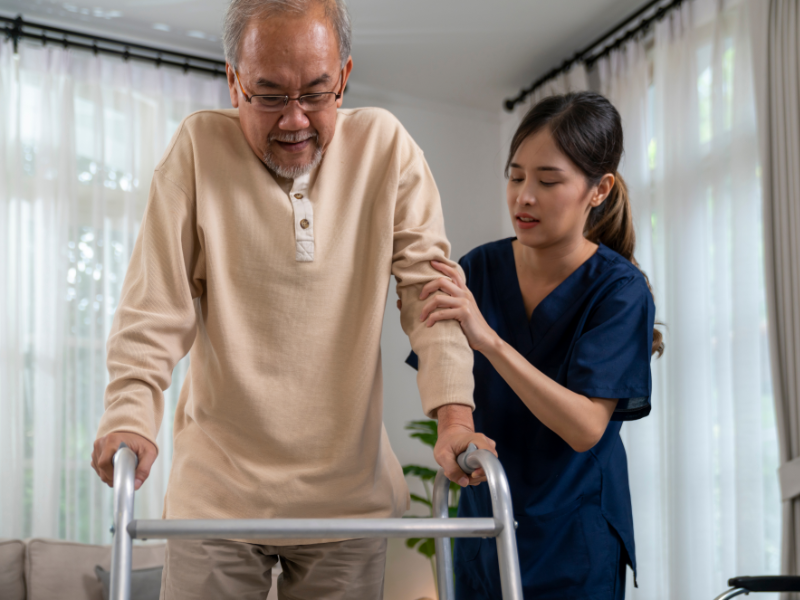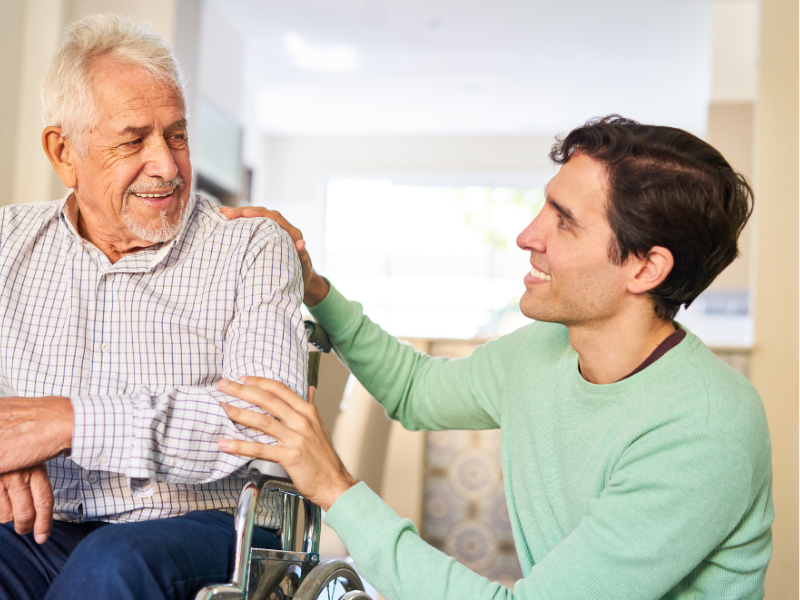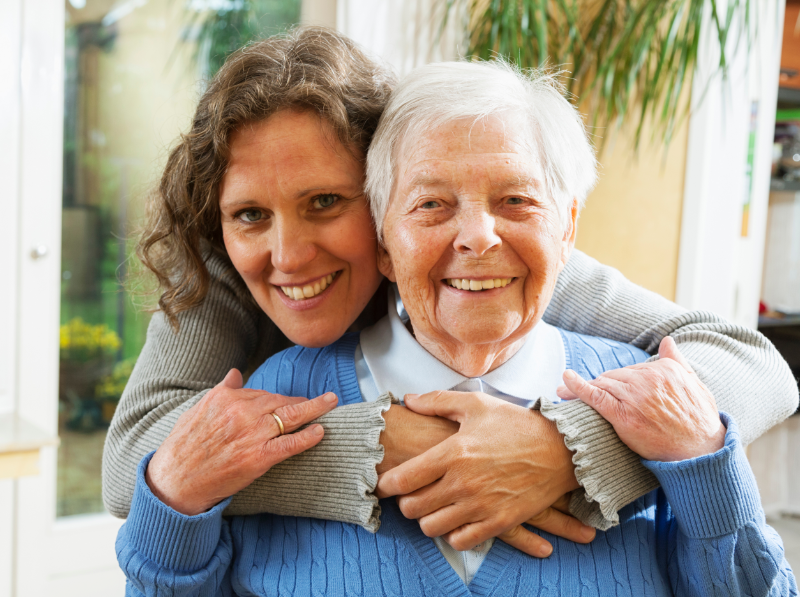Family caregiving is both rewarding and a significant responsibility. Supporting your loved one in the comfort of their own home is a valuable experience that many wish to provide for their relatives. However, it can also strain caregivers financially, emotionally, and physically. Know that if you’re looking for ways to ease your financial burdens while providing compassionate care to your family member, you’re not alone. The unique set of concerns faced by family caregivers in Pennsylvania leaves many exploring avenues to get paid to give care in Harrisburg, PA.
Ways to Get Paid to Care in Harrisburg, PA
Medicaid is perhaps the most advantageous way to get paid for being a family caregiver in Philadelphia, Pennsylvania or the surrounding area. Medicaid waivers, in particular, can be used to compensate family members caring for their disabled or elderly family members who still live at home.
These government waivers allow the state, via home care agencies, to financially assist caregivers in providing in-home personal care and household services to individuals living outside assisted care facilities. There are various Medicaid waivers, each with its own eligibility requirements. Regardless of the type of waiver, the majority are overseen by the Pennsylvania Department of Human Services.
How Can My Family Member Become Eligible for Paid Family Caregiving in PA?
First, the relative needing care must qualify to receive payment via a Medicaid waiver. A physician who can certify that long-term support or services are needed can determine eligibility for functional requirements. Financial eligibility is set and reviewed by the state, as income limits must be met to qualify for the Community HealthChoices (CHC) Medicaid waiver.
Once qualified, the CHC managed care program offers various plans. Working with a Pennsylvania Independent Enrollment Broker can help you determine eligibility, enroll, and understand the services available.
How Do Home Care Agencies in PA Help with Compensation?
Once your family member is confirmed to be eligible, they will need to choose a home care agency that allows the employment of family members as caregivers, like AmeriBest Home Care. The agency facilitates training, development, and ongoing support of the family caregiver to ensure they are able to provide the best care possible for their loved one.
Additionally, the agency is responsible for payment, benefits, and continued development opportunities. Once hired, the family caregiver becomes a regular company employee and is put on the payroll just like every other staff member.
Home care agencies in Harrisburg, PA, such as AmeriBest, provide the best of both worlds. They help ensure you have the skills and knowledge needed to provide loving and effective care to your relative. Meanwhile, they also oversee payment and benefit disbursement (if applicable), helping to relieve some of the stress from you and your loved one.
How Much Compensation is Offered to Get Paid to Care in Harrisburg, PA?
The fixed rate of the Medicaid waiver payment determines compensation for family caregivers in Pennsylvania. Medicaid gives a specific amount to home care agencies that is then used to pay family caregivers. Rates can also vary by the home care agency, but most have a similar pay range.

Choose a Supportive Home Care Agency; Choose AmeriBest Home Care
Receiving compensation for supporting your relative can help relieve financial stress and allow you to fully enjoy the rewarding experience. But it is only part of the equation. Don’t choose a home care agency based on pay alone.
It’s important to consider the training, development, and additional benefits provided by the company. AmeriBest Home Care understands the complexities and concerns of being a family caregiver. We work to empower and support family caregivers across Pennsylvania – equipping them with the resources, information, and skills they need to make paid family caregiving as easy a journey as possible. Reach out today to learn more about joining our team.
















